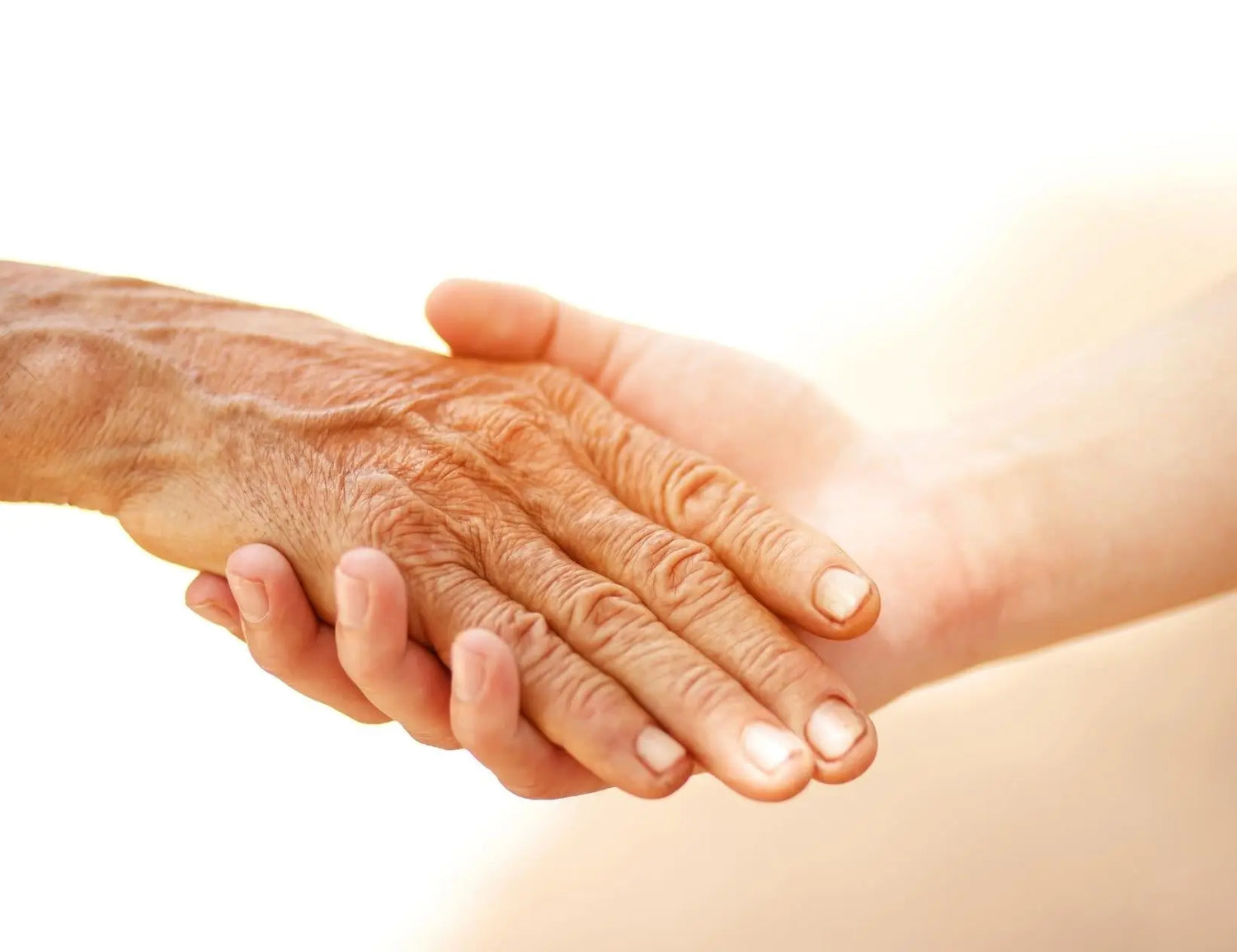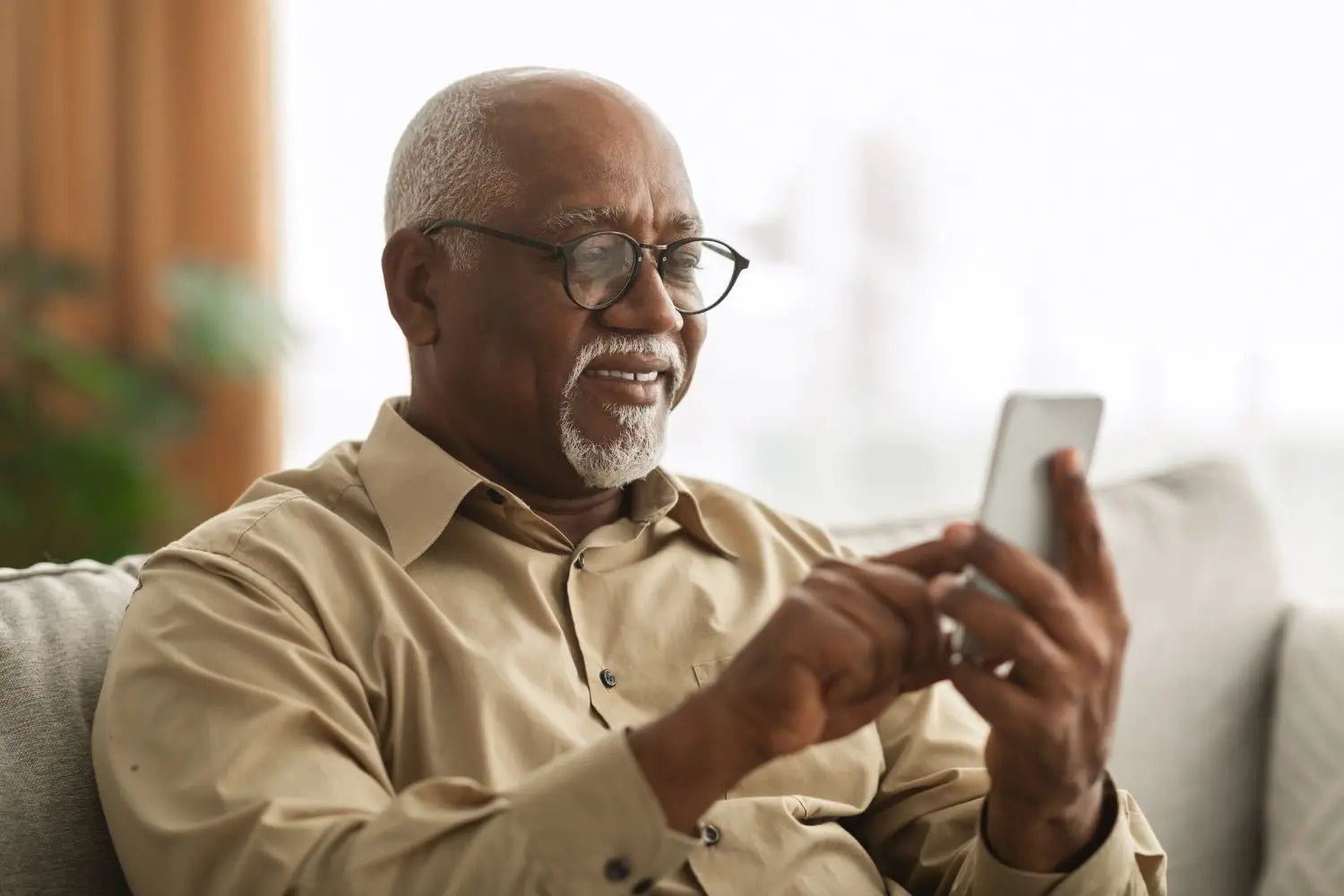Family Caregiving — A Guide to the Start of Your Caregiver Journey
Around 44 million people in the United States provide unpaid care to an elderly relative. This number is projected to increase as the population ages. Most caregivers are female, and most provide care for a parent or parent-in-law. However, there are many different types of caregivers.
Types of caregivers
Long-Distance Caregiver
A long-distance caregiver provides care to an elderly relative who does not live in the same city, state, or country. This type of caregiver can face unique challenges, such as limited access to their loved one and lack of information about available resources.
Spousal Caregiver
Spousal caregivers provide care for a spouse or partner who has a disability or is aging. They often have to manage both their own lives and the care of their spouse. This can be difficult, especially if the spouse needs help with activities of daily living, such as bathing, dressing, and using the toilet.
Family Unit Sharing Care Duties
Sharing caregiver responsibilities with family members is when more than one person provides care to an elderly relative. This can be done by taking turns providing care or by dividing up the caregiving duties. Most caregivers who share responsibilities with family members say it helps them provide better care but can be stressful.
At Home Caregiver
An at home caregiver will have parents or a spouse who lives with or near them. They provide care to their loved one while allowing them to stay in the comfort of their own home.
Working Caregiver
A caregiver who provides care while working either part or full-time is a working caregiver. A working caregiver may have an especially hard time balancing their professional, personal, and caregiving time.
Caregiver with Children and Aging Parents
Caregivers with multiple caregiving responsibilities are often called “sandwich generation” caregivers. These are adults caring for their parents while still raising their children. In many cases, the parent lives close by or with the caregiver.
Caregivers for Someone with Alzheimer’s Disease and Other Dementias
Caregiving for someone with Alzheimer’s disease or other dementias is different than caring for a parent with a physical illness. Alzheimer’s disease and dementia can be very challenging for caregivers. The person with dementia may become agitated, confused, or angry. They may also have trouble communicating or remembering things. Caregivers often need to make changes to their home to make it safer for the person with dementia and help them stay as independent as possible.

Determining Capabilities and Independence
Determine the amount of care needed by making a list of what they are physically, mentally, and cognitively capable of doing.
What Activities of Daily Living are They able to do Independently? (ADLs)
• Feeding themselves
• Getting dressed
• Bathing and showering
• Hygiene (hair, teeth, shave, etc.)
• Mobility and Functionality
• In and out of bed, up and down steps, sitting, walking, drinking, etc.
What Instrumental Activities of Daily Living can They Complete? (IADLs)
• Cooking/preparing meals
• Cleaning/maintaining a home
• Running errands (shopping, mail, etc.)
• Paying bills on time
• Communicating with others (phone, other technology)
• Taking medications correctly and on schedule
• Going to doctor’s appointments/dentist, etc.
Taking into consideration what they are capable of physically and cognitively will make it easier to decide on living arrangements. Several living arrangements are available, suitable for individuals with varying degrees of need.
Living Arrangements
Independent Living Community
An Independent Living community is an age-restricted community designed for seniors who can live mostly independently. The community offers a clubhouse, social activities, convenient transportation, and meal service services.
Assisted Living Community
Assisted living is for seniors who need help with some activities of daily living, such as bathing, dressing, and grooming. Assisted living facilities provide personal care assistance and supportive services such as laundry, housekeeping, and medication management.
Nursing Home
A nursing home is a long-term care facility that provides 24-hour nursing care and around-the-clock supervision. Nursing homes offer private and semi-private rooms, meals, laundry services, and social activities.
Aging in Place
Aging in place is a term used to describe the ability of elderly persons to live in their own homes and communities as they age. Many services are available to help them do so, including home health care, transportation, and social activities.
Living with a Relative
Nearly two-thirds of the elderly who receive unpaid care live with the person providing that care. Most of these caregivers are relatives, such as a daughter or son.
Many older adults prefer to stay in their own homes as they age, and family caregivers play a crucial role in making this possible. Caregivers can help by providing transportation to appointments, grocery shopping, and other errands.
They can also help with basic needs like bathing, dressing, and grooming. In some cases, they may also provide more intensive care, such as managing medications or handling complex medical tasks.
Determining what level of care is needed is essential. You may need to become a physical caregiver and a financial caregiver. Providing financial care to your parents can come in a variety of forms. – financial caregivers blog!
Documents to Have on Hand
Once a loved-one's level of required care has been decided, it’s time to get the paperwork in order. Here are a few documents that should be prepared before or as soon as caregiving becomes necessary:
A Will
A Will is a legal document that states how you want your property and assets distributed after you pass away. It can also name a guardian for your children. You can make a will yourself or have a lawyer do it for you.
Revocable Trust
A revocable trust is a legal document that allows you to appoint someone to manage your assets if you become incapacitated. The person you select, known as the trustee, is responsible for deciding how your assets are managed and distributed. You can also revoke or change the trust at any time.
One of the benefits of a revocable trust is that it can help ensure that your loved ones will have access to your assets if you become unable to manage them yourself. The trustee can distribute assets to your loved ones as needed without having to go through the complex and often time-consuming process of probate.
Advance Directives for Healthcare
Advance directives for healthcare are documents that outline what type of medical care a person wishes to receive if they become unable to make decisions. They can be used to indicate whether or not a person wants to be kept on life support or have any other treatments administered.
Advance directives for healthcare can also include information about organ donation and burial wishes.
There are two main types of advance directives for healthcare: living wills and durable power of attorney for healthcare.
A Living Will
A living Will is a document that allows individuals to state their wishes concerning medical treatment if they are no longer able to make decisions for themselves. This document can include information about whether or not the individual wants to be kept on life support or have any heroic measures taken to prolong their life and more.
A living will is an essential tool for elderly loved ones, as it ensures that their wishes will be followed if they are unable to communicate them themselves. Having a living will in place also provides peace of mind for caregivers, as they know that their loved one's wishes will be carried out even if they cannot speak for themselves.
If you have elderly loved ones who do not have a living will in place, consider encouraging them to create one. This can be a difficult conversation, but it is essential for ensuring that your loved ones' wishes are followed if they are unable to communicate them themselves.
A Durable Power of Attorney
A durable power of attorney (DPOA) is a legal document in which a person, known as the principal, appoints another person to make decisions on their behalf if they can no longer do so themselves. This type of power of attorney remains valid even if the principal becomes mentally incapacitated. The appointed decision-maker is called an agent or attorney-in-fact. There are two types of DPOAs - healthcare and financial.
A healthcare DPOA — allows the agent to make medical decisions on the principal's behalf, such as deciding whether or not to undergo treatment.
A financial DPOA — gives the agent authority over the principal's finances, such as paying bills and managing investments.
It is crucial to have an advance directive for healthcare, as it can ensure that your wishes are carried out, even if you cannot communicate them yourself. If you do not have an advance directive for healthcare, your loved ones will need to make decisions for you based on their understanding of what you would have wanted. This can often lead to disagreements and conflict.
If you are interested in creating an advance directive for healthcare, several resources are available online. You can also talk to your doctor or a lawyer about drafting a document that meets your specific needs.

Develop a Care Plan!
Before caregiving begins, a care plan should be created to help manage care and make sure everyone involved stays on the same page.
What is an elderly care plan?
An elderly care plan is a document that outlines the specific needs of an older adult. Caregivers can use this document to ensure that older adult receives the care they need. Caregivers can also use this document to communicate with other healthcare providers providing care to older adults.
An elderly care plan should include information about the following:
• Medical history
• Medications and dosage
• Allergies and sensitivities
• Food preferences
• Physical abilities and limitations
• Social activities and interests
• Support network
• Past medical procedures and surgeries
• Current health condition
Having a daily care plan is also beneficial to managing daily needs and keeping a paper record of the day for each caregiver to fill out.
When it comes to safety in the home, some steps can help reduce the risk of falls and injuries. These steps include:
Making Home Modifications
Home modifications are often necessary to ensure that a home is safe for an older adult. Some common modifications include installing grab bars and railings in critical locations, removing tripping hazards, widening doorways and corridors, and adding a first-floor bedroom or bathroom for easier access.
First and foremost, it’s essential to remove any fall hazards from their living space. This includes cords that might be lying around, area rugs that could cause someone to slip, and anything else that could lead to a fall. You should also make sure all furniture is stable and won’t topple over if someone leans on it.
Using a home safety checklist is a great way to ensure nothing is missed when modifying a home.
Utilizing Technology
Technology has come a long way in helping manage caregivers for the elderly. Many helpful apps and devices make it easier to connect with loved ones, provide support, and communicate needs.
Home Monitoring
Home monitoring technology can include various devices and tools, but they all have the same goal: to help you keep track of your elderly loved ones and ensure their safety. This technology can include items like sensors, cameras, and Support Monitoring Systems – with an emergency alert button. By using this technology, you can keep an eye on your loved ones from afar and be alerted to any changes in their health or wellbeing.
Have a Support Network
As a caregiver to an elderly relative, it is essential to have a support system because the job can be demanding physically and emotionally. The responsibilities of a caregiver are many and can include providing emotional support, helping with activities of daily living, managing finances, and medications, arranging for assistance and care, and advocating for the elderly relative. The number of responsibilities may lead to caregiver burnout if enough time isn’t dedicated to self-care.
Set Expectations with Elderly Loved-One
When caregiving to an elderly relative, set expectations with your elderly loved ones by creating a care plan that makes them comfortable.. Understand their limitations and what they can do for themselves. This will help caregivers feel more confident in providing care and support for loved ones to maintain some level of independence and dignity. Finally, communicate openly to ensure everyone is on the same page.
Caregiving for elderly relatives can be a challenging but ultimately rewarding experience. It’s important to remember that every person is different, so it’s essential to take the time to get to know your elderly loved ones and understand their individual needs.
Learn how MOBI’s home and health monitoring solutions make caregiving easier. These solutions include sensors, camera monitoring, fall detection alert systems, and more. All MOBI products can be integrated through the MOBI smart app and grow with your family.
Reach out to us today on our Facebook or email us at service@getmobi.com. We are happy to answer any questions you have on how home and health monitoring can assist you in your day to day life.
Caregiver Resources:
Family Caregiver Alliance - “Provides family caregivers of adults with physical and cognitive impairments, such as Alzheimer’s Parkinson’s” with a variety of helpful services, including care planning, skills, and more.
Caregiver Action Network - Together with family caregivers, the CAN helps Americans improve the quality of life for their loved ones with chronic conditions.
Alzheimers.gov - An information resource supplied by the government for caregivers of people with Alzheimer's and other dementias.
Administration for Community Living - The ACL provides various resources and help for caregivers.
usa.gov - Supplies information and tips to caregivers who are looking after loved ones with unique medical needs.





4 comments
Azmat Ullah
I would like to work as a care taker.
Ms.Mary Thivyajodhy Chinnappah
I would like to work as a care taker
Ms.Mary Thivyajodhy Chinnappah
I would like to work as a care taker
Ms.Mary Thivyajodhy Chinnappah
I would like to work as a care taker
Leave a comment
This site is protected by reCAPTCHA and the Google Privacy Policy and Terms of Service apply.